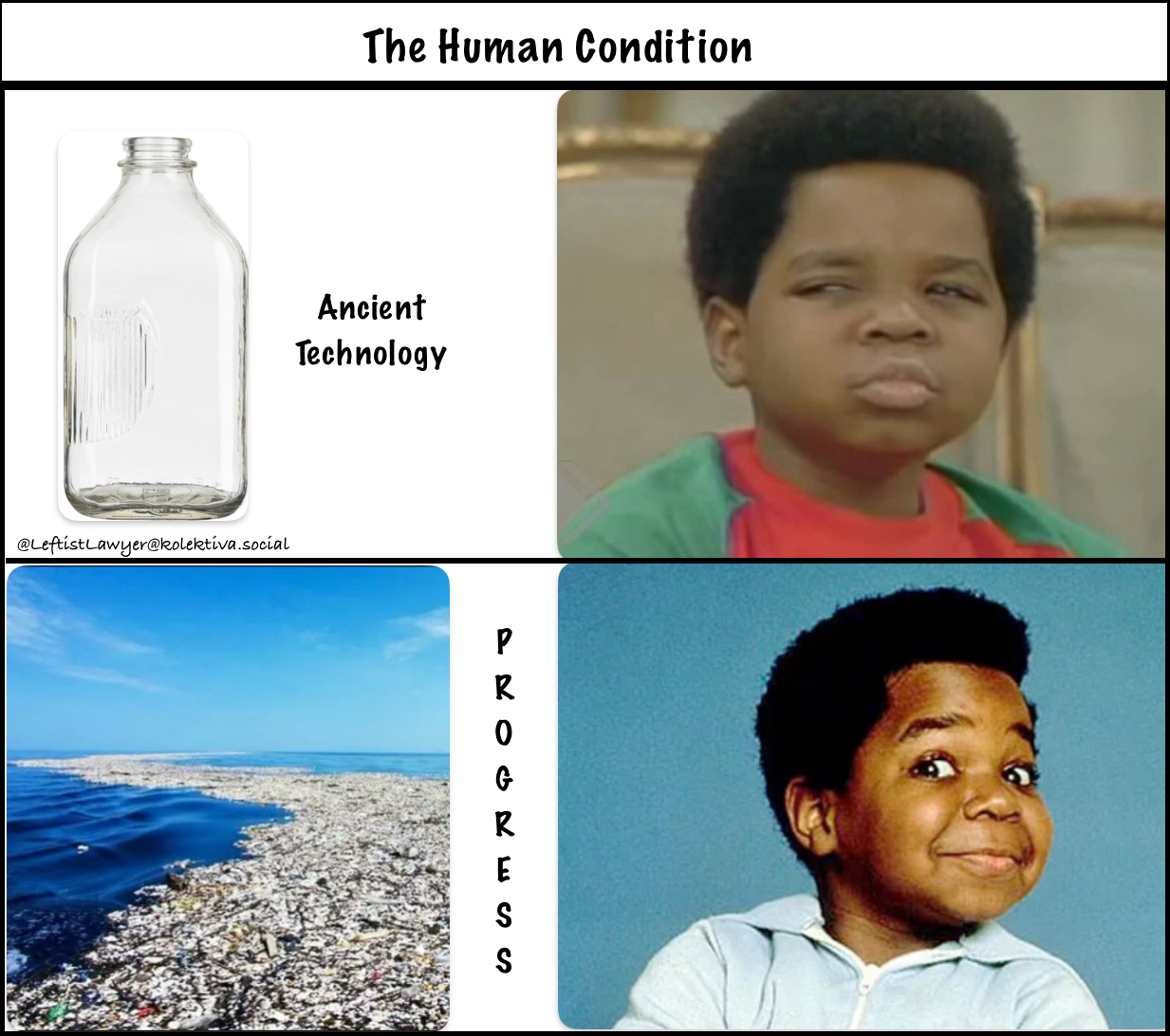this post was submitted on 14 Oct 2024
320 points (90.8% liked)
memes
10686 readers
1884 users here now
Community rules
1. Be civil
No trolling, bigotry or other insulting / annoying behaviour
2. No politics
This is non-politics community. For political memes please go to !politicalmemes@lemmy.world
3. No recent reposts
Check for reposts when posting a meme, you can only repost after 1 month
4. No bots
No bots without the express approval of the mods or the admins
5. No Spam/Ads
No advertisements or spam. This is an instance rule and the only way to live.
Sister communities
- !tenforward@lemmy.world : Star Trek memes, chat and shitposts
- !lemmyshitpost@lemmy.world : Lemmy Shitposts, anything and everything goes.
- !linuxmemes@lemmy.world : Linux themed memes
- !comicstrips@lemmy.world : for those who love comic stories.
founded 2 years ago
MODERATORS
you are viewing a single comment's thread
view the rest of the comments
view the rest of the comments

The way you've worded that suggested to me that there isn't an actual solution so, for the people who didn't click through, I'll point out that the article concludes: "more sustainable alternatives to plastic bottles exist for all three types of beverage".
That said, in order to compare the environmental impact, there has to be some kind of weighting between the energy cost of manufacture and the direct environmental pollution (discarded plastic choking marine animals; microplastics; etc). I'm not sure it even makes sense to try to combine them. Climate change is an imminent existential threat, whereas microplastics are poisoning us but not obviously killing us.
I also wonder what they assumed for the energy source in the glass manufacture. It is mostly fossil fuels at present, but the industry is moving towards electrification.